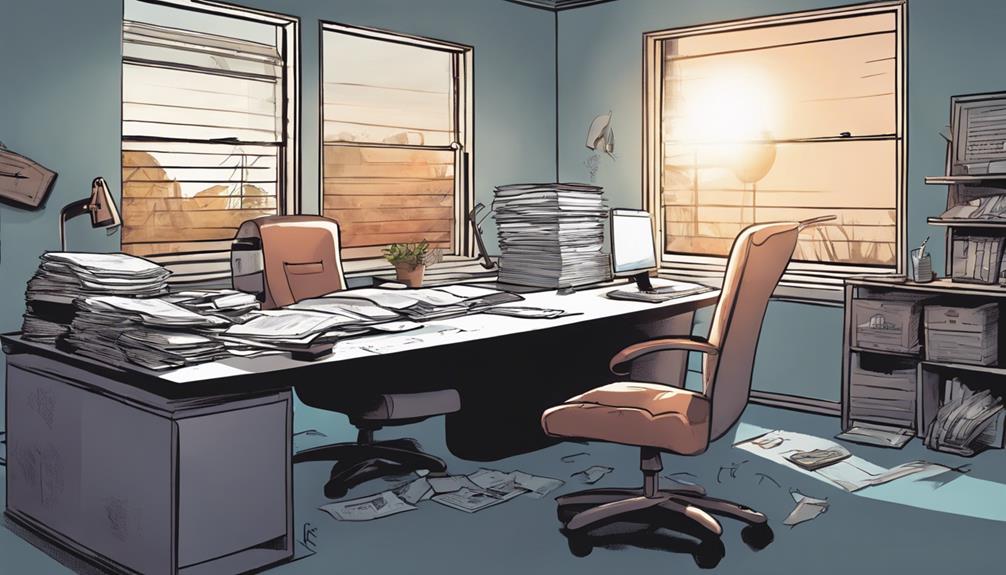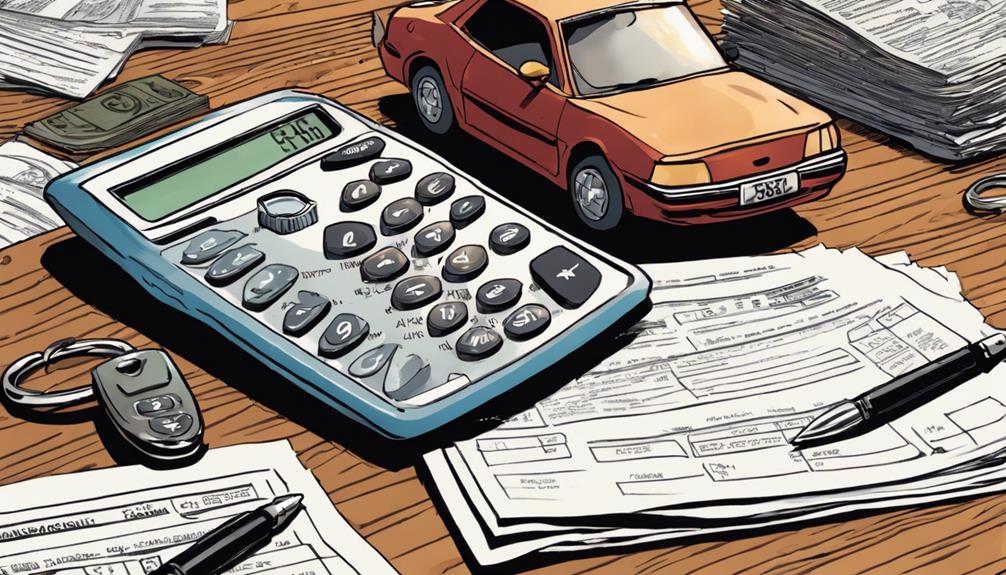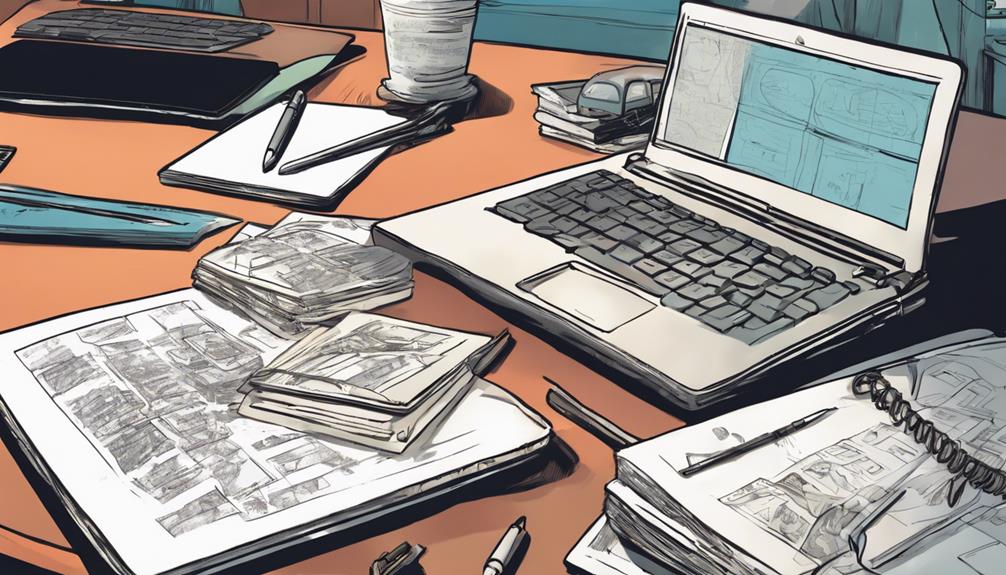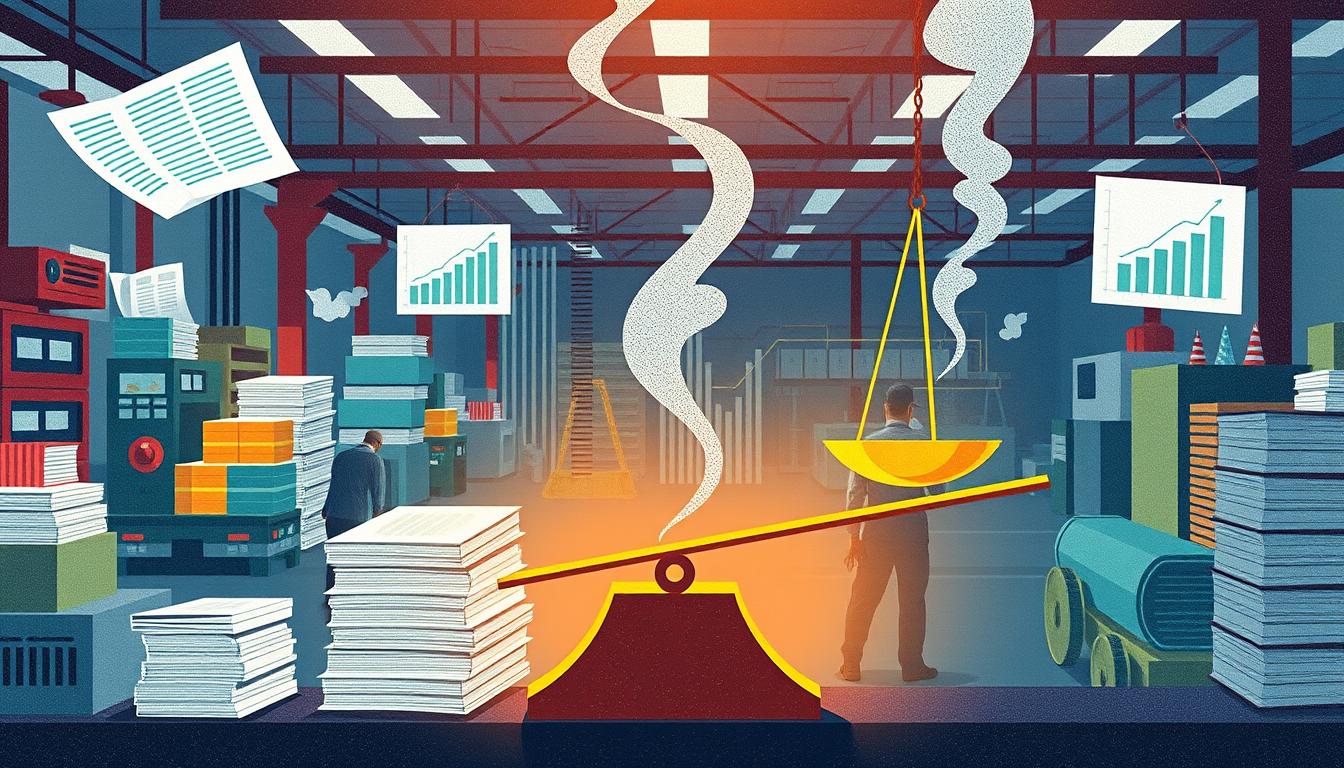Gap insurance provides protection against financial loss in the event that your vehicle is deemed a total loss. This type of insurance covers the variance between the amount you owe on your loan and the actual market value of your car, serving as a crucial safety measure for those with financed or leased vehicles. As cars depreciate rapidly, traditional insurance policies may not be adequate, resulting in unexpected expenses for you. Typically, the cost of gap insurance ranges from $20 to $40 per year, making it a budget-friendly option for added peace of mind. You have the option to purchase this insurance through your current auto insurer or from third-party providers. To fully understand the advantages of gap insurance, it is advisable to explore how it can address specific financial circumstances and protect your investment.
Key Takeaways
- Gap insurance covers the difference between your vehicle's loan balance and its market value if the vehicle is totaled or stolen.
- It is essential for financed or leased vehicles due to rapid depreciation, protecting against significant out-of-pocket expenses.
- The cost of gap insurance typically ranges from $20 to $40 annually when added to an existing auto policy.
- Major insurers often provide gap insurance at lower rates when bundled with other policies, making it more cost-effective.
Understanding Gap Insurance

Gap insurance is a crucial safety net that protects you from financial loss when your vehicle is totaled and its market value falls short of what you owe.
If you've financed or leased a car, you might find yourself in a tough spot if your vehicle depreciates quickly. In such cases, your standard insurance policy might only cover the current market value of your car, leaving you responsible for the remaining loan balance.
This gap can become a significant financial burden, especially if your vehicle is stolen or damaged beyond repair.
Key Benefits of Gap Insurance

Securing gap insurance often provides essential financial protection, ensuring you're not left with a hefty debt if your vehicle is totaled. This coverage bridges the gap between what you owe on your loan and your car's actual cash value, saving you from unexpected expenses.
You'll gain peace of mind knowing you're safeguarded against depreciation, especially if you financed or leased your vehicle. Additionally, gap insurance is cost-efficient, typically costing only $20 to $40 annually when added to your existing auto policy.
This affordable option helps protect your investment and keeps your finances stable, providing a valuable safety net. By opting for gap insurance, you're making a wise decision for your financial future.
Real-Life Scenarios

Understanding how gap insurance works in real-life scenarios can further highlight its significance in protecting your financial interests.
Imagine you just bought a new car for $30,000, financing it through a high-interest loan. A few months later, an accident totals your vehicle, and its market value drops to $20,000. Without gap insurance, you're stuck paying the remaining $10,000 balance out of pocket.
Alternatively, if you trade in a vehicle worth $10,000 but owe $15,000, gap insurance covers that $5,000 difference, preventing financial strain.
These scenarios show that gap insurance isn't just an extra cost—it's a crucial safety net that shields you from unexpected financial burdens when life takes an unexpected turn.
Gap Insurance Versus Other Types

When comparing insurance options, it's vital to recognize how gap insurance fills a unique need by covering the financial shortfall between what you owe on your vehicle and its actual market value.
Unlike extensive insurance, which covers non-collision damages like theft or fire, gap insurance focuses solely on the difference between your loan balance and the car's worth if it's totaled.
While extensive and collision insurance can protect your vehicle from damage, they don't address the risk of depreciation.
As a result, if you're financing or leasing your car, gap insurance acts as a significant safety net, ensuring you're not left with unexpected out-of-pocket expenses when your vehicle's value falls short of your loan.
Costs Associated With Gap Insurance

Gap insurance comes with various costs that can greatly impact your overall insurance expenses, so it's important to evaluate your options carefully.
Typically, you might find gap insurance costing between $20 to $40 annually when added to your existing auto policy, which is quite affordable. However, if you purchase it through a dealership, you could pay anywhere from $400 to $700, making it considerably more expensive.
Factors influencing these costs include your vehicle's depreciation rate, the type of policy you choose, and the duration of coverage.
Keep in mind that standalone gap insurance tends to be pricier due to the lack of package discounts, so weighing your choices is essential for maximizing your savings.
Where to Purchase Gap Insurance

You can purchase gap insurance through your existing auto insurance provider or from third-party vendors that specialize in this type of coverage.
Many major insurers, like AAA, offer this option, often at a lower cost when bundled with your auto policy. When you choose your current provider, ask about any additional benefits or discounts that might apply.
Alternatively, third-party vendors may offer standalone gap policies, but be cautious, as these can be pricier.
It's important to compare quotes and coverage options to make certain you're getting the best deal.
Whichever route you take, make sure you fully understand the terms and conditions before making your purchase to guarantee it meets your needs.
Making Informed Decisions

Making informed decisions about gap insurance requires understanding your specific needs and the potential financial impact of vehicle depreciation.
Begin by evaluating how much you owe on your vehicle compared to its current market value. If you're financing or leasing, gap insurance can protect you from significant losses if your car is totaled.
Consider your driving habits and the likelihood of depreciation based on the make and model of your vehicle. Research various providers to find affordable options, and don't hesitate to ask about discounts when bundling with your auto policy.
Ultimately, weigh the costs against the peace of mind gap insurance offers, ensuring you choose a solution that aligns with your financial situation and risk tolerance.
How Can Gap Insurance Help Protect My Startup Business?
When starting a new venture, ensuring your startup business idea match is critical. Gap insurance can help protect your investment by covering the difference between the outstanding loan balance and the actual cash value of your assets in the event of a loss. This added security can give you peace of mind as you grow your business.
Conclusion
To sum up, gap insurance is an essential tool for protecting your financial investment in a vehicle.
It not only offers peace of mind but also shields you from potential losses when accidents happen.
Why take the chance of being left with a hefty bill after a total loss?
By understanding and considering gap insurance, you can make informed decisions that safeguard your future.
Don't let unexpected events derail your financial plans—invest in gap insurance today.









